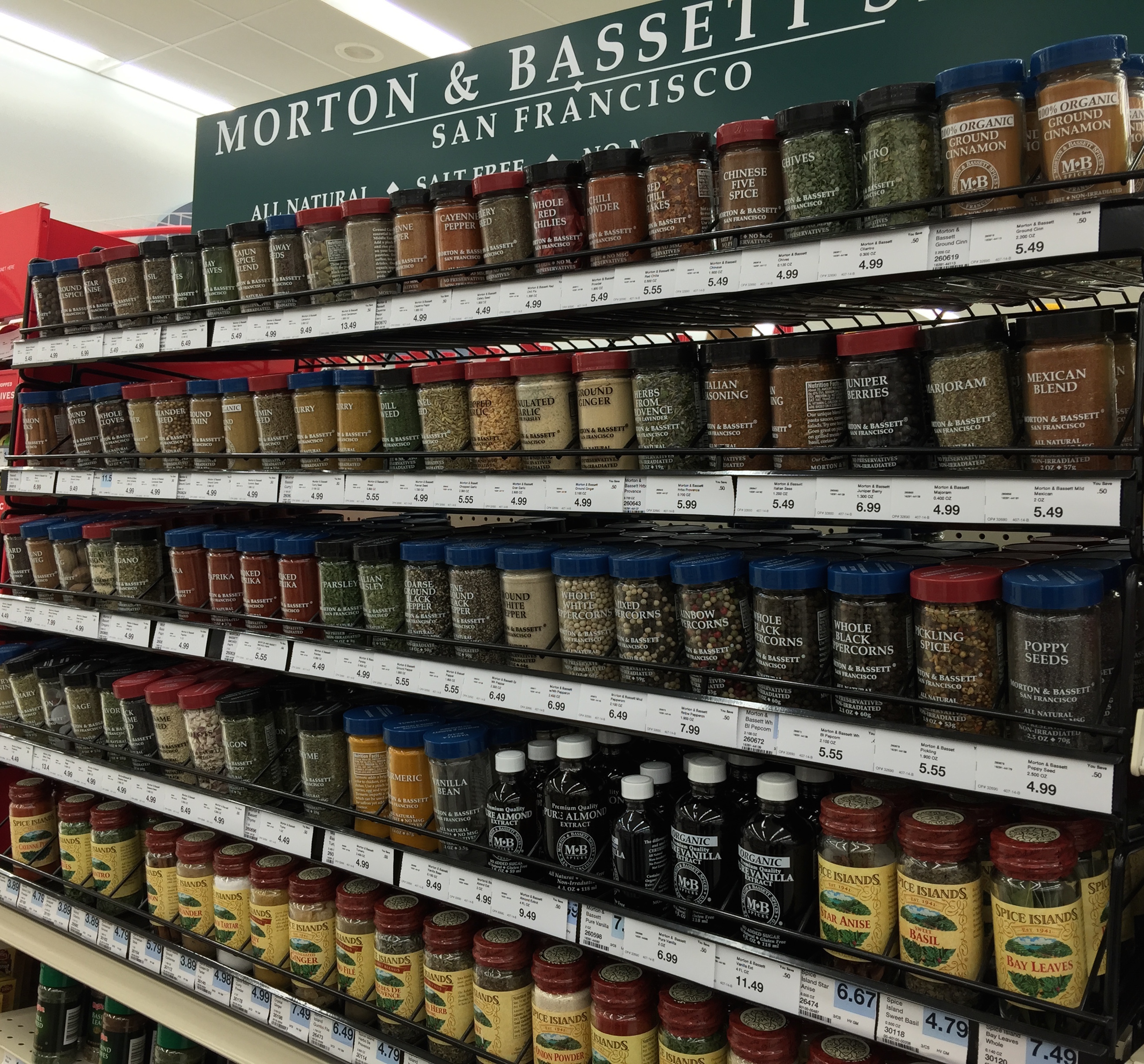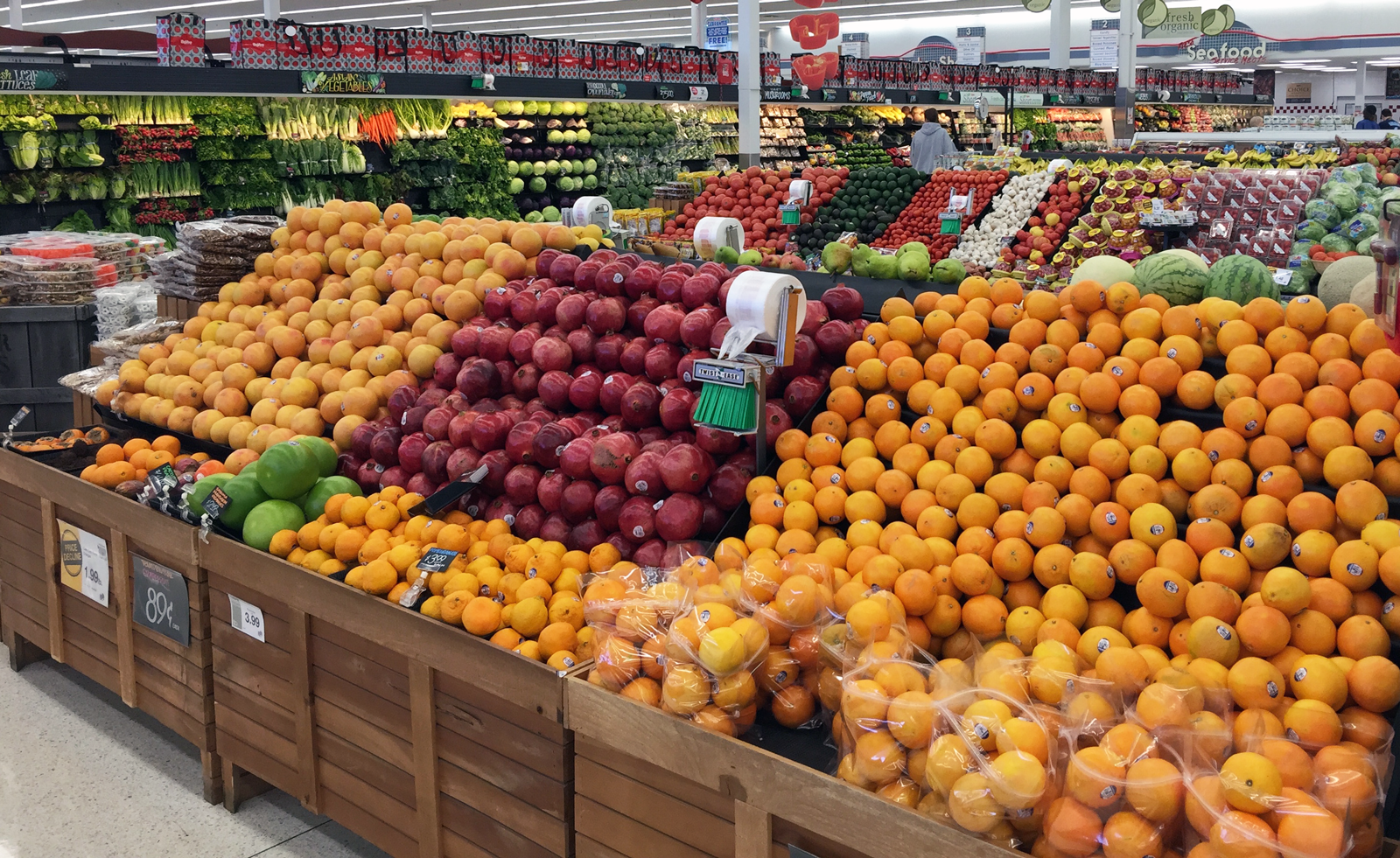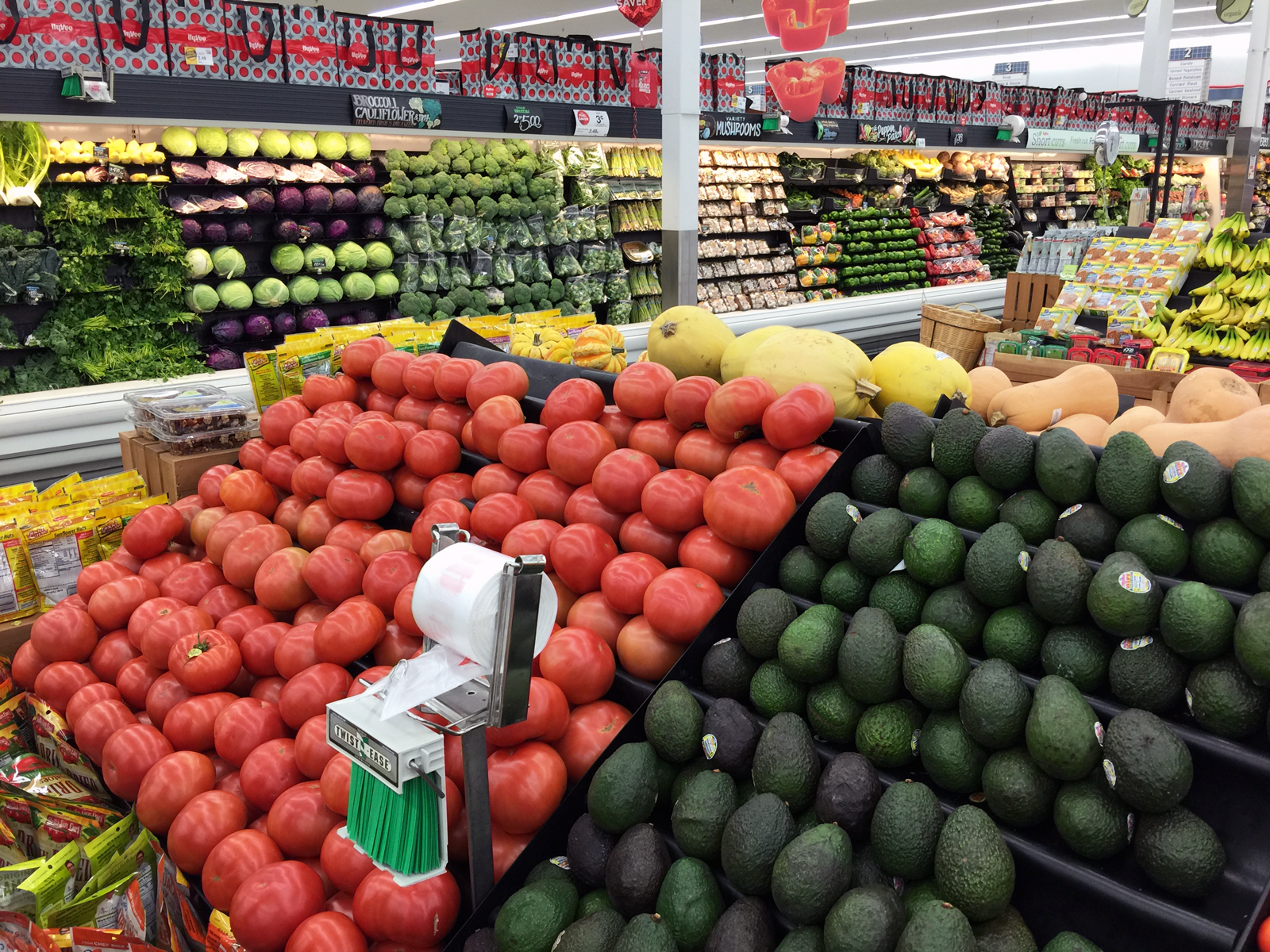We All Won the Lottery (Yet People Still Think the World Is Going to Hell)
I’ve been busy with family stuff lately, and, as part of that, taken several trips to the grocery store over the past few days. I was standing in the produce section looking at the fruits and vegetables when I experienced a sense of awe. It’s a human tendency to take for granted the things into which one is born but it really is incredible when you take time to reflect upon, and appreciate, the inheritance we all enjoy because of the men and women who came before us.
There is no historical precedent for this kind of agricultural productivity, availability, quality, and affordability on such a wide scale. A person living on a median household income today lives better in almost every material regard than the Kings of old, or even the top 1% of the 18th century. We browse in climate controlled environments, during the most peaceful period ever recorded in human civilization, with the lowest murder, rape, and assault levels in decades, five years into one of the biggest bull markets in not just American, but global history, with the longest life expectancy aggregates ever enjoyed, the ability to speak to anyone in the world by pressing a few buttons on a little device we carry in our pockets, and the option to pay for things without carrying large amounts of cash on us by swiping token pieces of plastic that tie to our bank accounts.
Virtually everyone in society can read, unemployment is near historical lows, inflation is moderate, pure drinking water is available on tap and effectively free, gasoline is cheaper on an inflation-adjusted cost-per-mile level than it has ever been, we can fly across the world for next to nothing in a matter of hours, we can entertain ourselves with an endless supply of movies, music, video games, and online content.
I know I’ve written about it before, but spices were once more valuable than silver and now we just have them openly displayed at a cost of near nothing in terms of hours-of-life-exchanged-to-acquire.

People used to kill each other over a single peppercorn and now we have them sitting out on shelves, unguarded.
Pineapples were once so valuable that wealthy men in 18th century England would rent them to carry around as status symbols. Now we just throw them out for anyone to grab if they want one.

Pineapples were once one of the most valuable commodities on Earth and you can waltz into a store in your pajamas and buy one at 3 a.m. for pocket change.
We can heat our homes for next to nothing, using a variety of energy sources. We can snack on bars of high quality chocolate for a few dollars. We can buy ownership in tens of thousands of companies, in almost any country, currency, and industry, all but instantaneously. Our sewage gets flushed away with the press of a button. When we want to bathe in warm water, we turn a few knobs and are soaking like Pharaoh himself. We can elect our leaders as opposed to having them installed by birth right.
Even though there is a lot that can be improved – the cost of education and health are the biggest two and the unchecked, unregulated rise of artificial intelligence terrifies me – we hit the jackpot. We did nothing to deserve any of this bounty. Our ancestors couldn’t even fathom some of the advantages we have. We are living off a trust fund.
Thinking about this, I woke up this morning, glanced over our financial statements, and saw that the securities portfolio had reached the highest valuation in our lives. I looked at Aaron and said, “At this moment, right now, we are the richest we have ever been.” Between additional savings, profits reinvested from the operating companies, and enjoying what we consider a satisfactory compounding rate over the past six years on the equity portion of our portfolio, our asset pie has grown far larger than either of us anticipated or even, necessarily, think is prudent relative to other opportunities. I decided to behave like those old guys in the days before the Great Depression. There’s so much prosperity, there is absolutely no reason for us to owe anybody anything. Even if it costs a bit of compounding in the future, there is more than enough for what we could ever need so decreasing risk is more important. Despite it being sub-optimal from a purely theoretical perspective, I boosted our reserves and decided to pay off all obligations except a relatively small $250,000 mortgage priced at 3.75% fixed-rate for 30 years, which I expect we’ll wipe out in the next few years, anyway.
Running valuations on all of our publicly traded assets, I went down the list coldly disposing of whatever holdings happened to fall below a certain threshold relative to the attractiveness of the portfolio in its entirety. No position was too small. No shares were safe. Case in point: This included selling the 330 shares of The Walt Disney Company I had bought as a souvenir during our trips to the theme parks. I know I had been using this to prove an academic point but I’m not going to let that stop me from making what I believe is the most rational decision. The stock had produced an 80% total return in roughly 3 years, turning the $17,062.28 we paid out of pocket into $30,281.13 by adding $472.30 in cash dividends and $13,218.85 in capital gains. (When the kids are born, we’ll just write a $50,000 check or something to their trust for new shares of Disney. If I were a typical person, working a typical job, there is no way I would have parted with those shares since replacing them would be a burden.) I even sold the very first share of Berkshire Hathaway I ever purchased in my entire life. I asked Aaron if he had any emotional attachment to anything and his response demonstrates one of the reasons I love him so much. To paraphrase: “I just care that we get richer each year. Stocks, bonds, real estate, businesses … they’re all just a means to an end. Make the best decision based on what is on the table right now and I’m fine with whatever you decide. Just don’t sell the Nestlé.”



